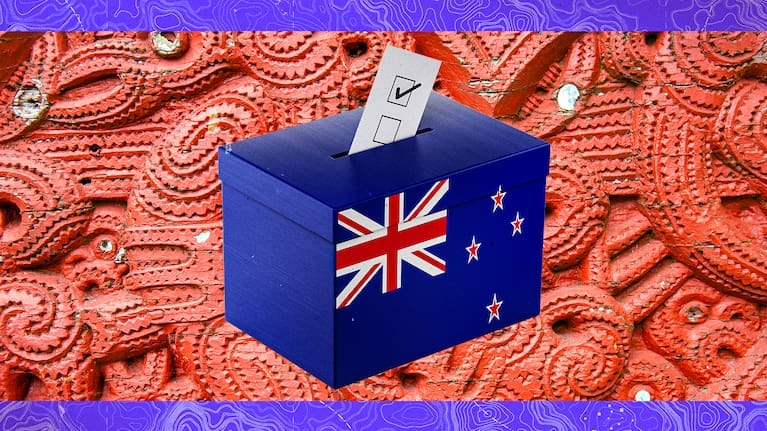Māori Wards
A step backwards for democracy
The results of the Māori ward referendums have made one thing crystal clear: common sense still exists in parts of New Zealand, but not everywhere. Twenty-five councils across the country voted to remove Māori wards by 2028. Seventeen, however, chose to keep them. Those seventeen councils are a national embarrassment.
It’s no surprise to see the Far Nort…




